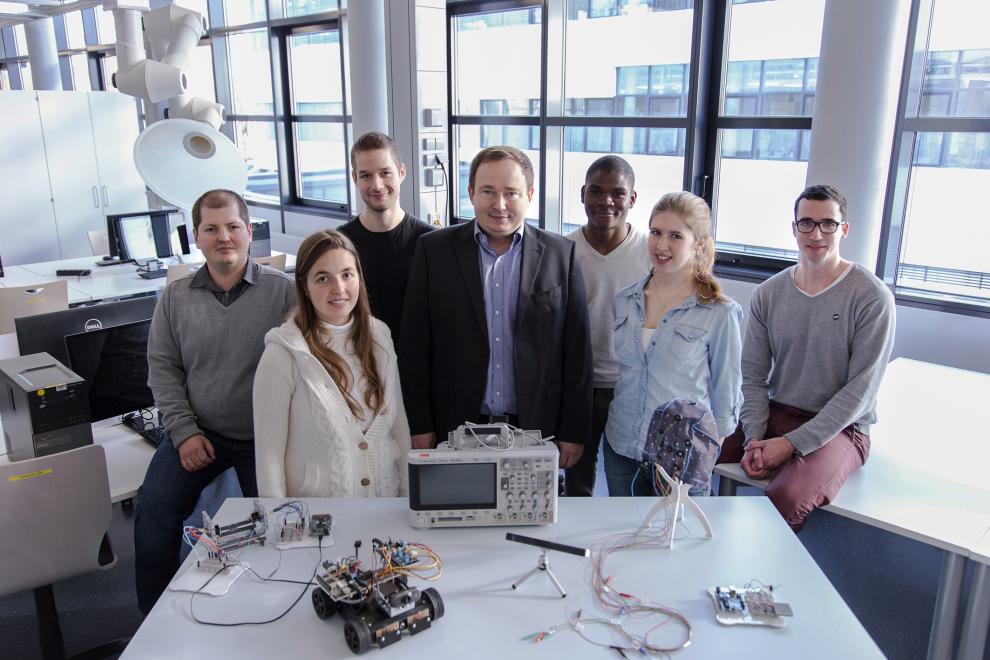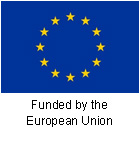Controlling machines with your mind – reality or fantasy?
Research project BCI@Home dedicated to new innovations in communications technology
BCI@Home, a new research project at Rhine-Waal University of Applied Sciences and funded by the European Region Development Fund (ERDF), was launched this past month. Over the next three years, Dr-Ing Ivan Volosyak, Professor of Biomedicine and Engineering at Rhine-Waal University of Applied Sciences, and his team will be collaborating with Kleve-based project partner polyoptics GmbH to develop innovative communication technologies linking computers with human brain waves.
Kleve/Kamp-Lintfort, 22 March 2016: BCI@Home researchers will be studying and developing innovative communication technologies using brain-computer interfaces (BCIs) specifically for people with physical impairments. BCIs are essentially a direct neural interface that use electroencephalography (EEG) to monitor the user’s brain activity and transfer the signals into commands in real-time using special software. This allows even users with significant physical impairments to use a computer, for example. The goal of the project is to develop new technologies and applications for users with physical impairments to improve their quality of life and make it easier to manage the difficulties of daily life.
Recent breakthroughs in signal processing technologies have made it possible to use this technology for users who were previously unable to operate BCI systems, which opens the door to a wide range of new applications for BCI-based technologies.
The team of researchers have benefitted immensely from the insight and findings from preceding projects. For BCI@Home, the team is planning to run the new technology through a battery of realistic tests at assisted living homes. This will allow them to find ways to seamlessly integrate new technology in daily life. “We hope to contribute to a better quality of life in domestic settings,” summarises Professor Volsyak, who heads the project.
BCI@Home is funded by European Regional Development Funds (ERDF) to the tune of 572,313 EUR.



